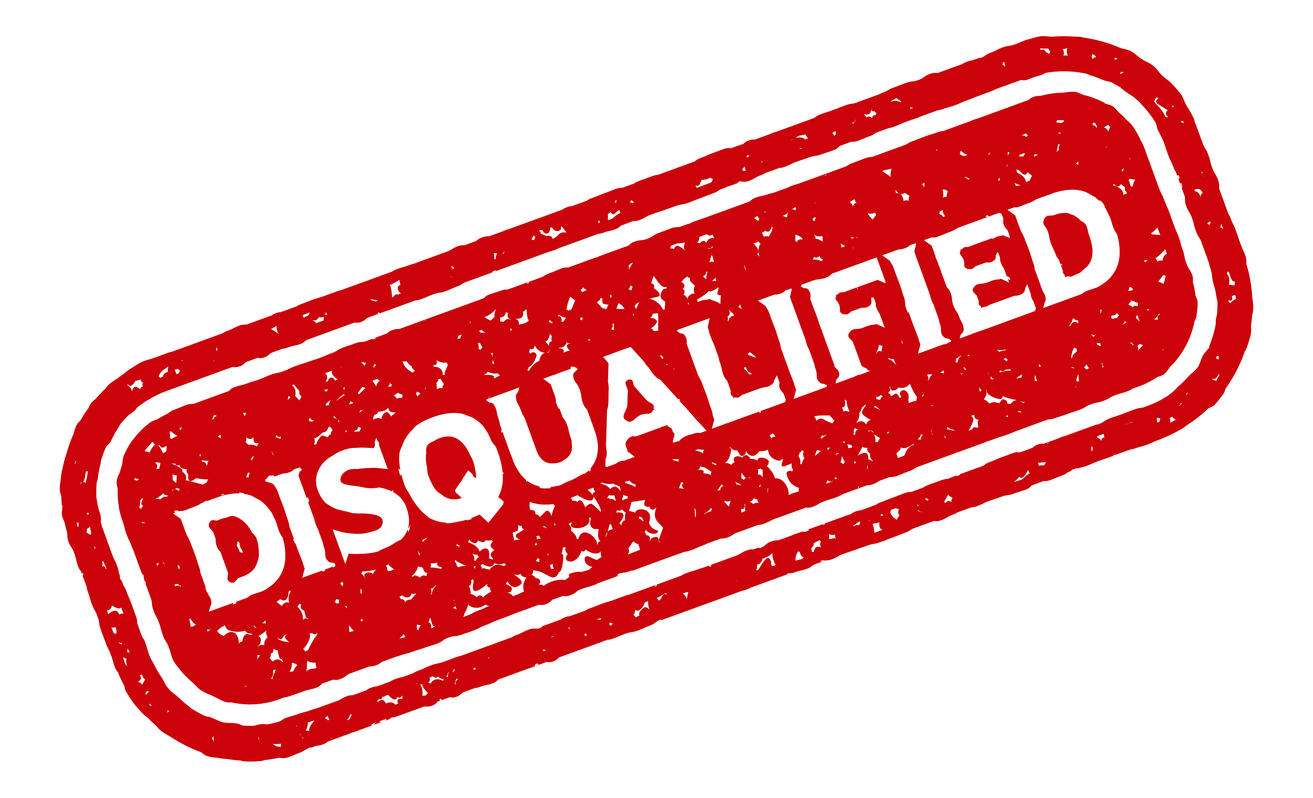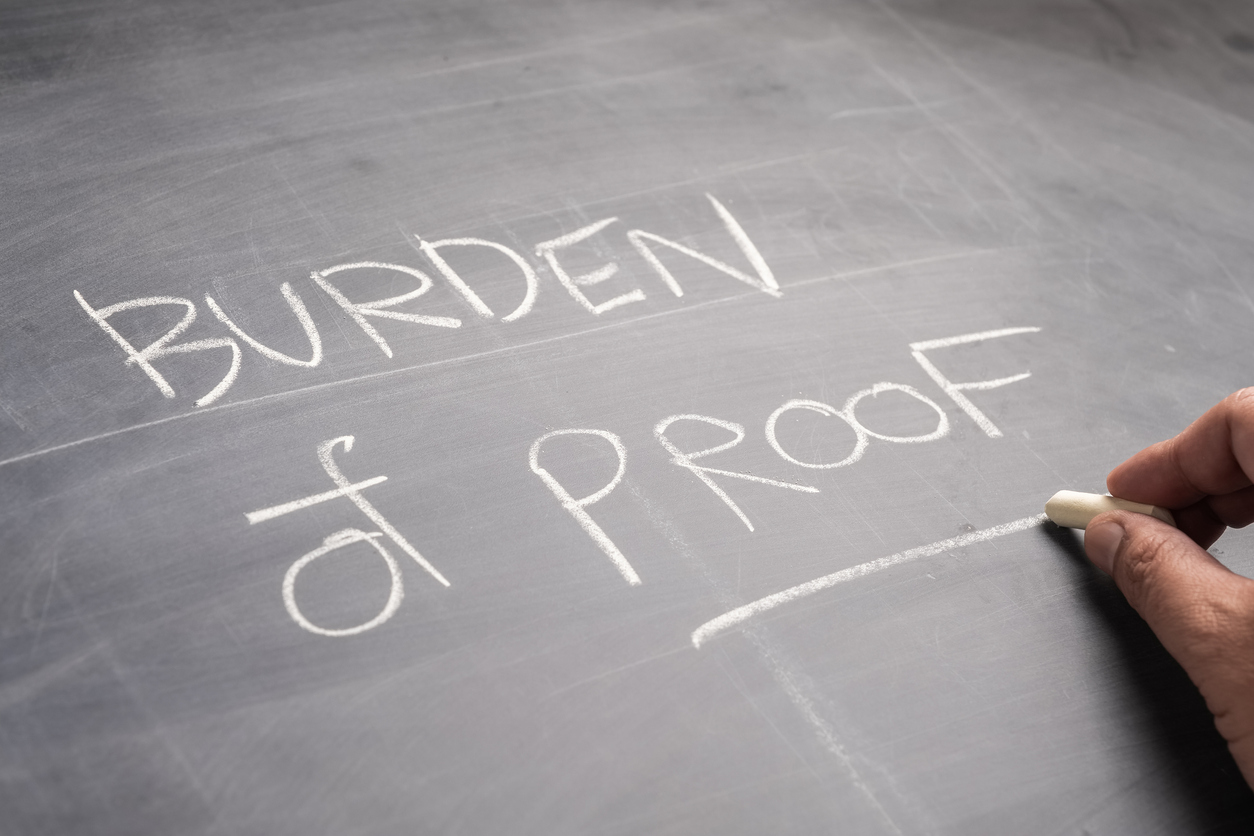Dan Luby, of the Florida Insurance News, does a fantastic job tracking down timely articles involving insurance. He linked Taylor Heads to Supreme Court to Get TWIA Documents, which involves a Texas legislator trying to obtain confidential resolutions and settlement information from the Texas Windstorm Insurance Association (TWIA).
The article reported on the Texas legislator’s alleged motivation to break open otherwise confidential and private settlement agreements:
Rep. Larry Taylor (R-Friendswood) today asked the Texas Supreme Court to let him see the Texas Windstorm Insurance Association (TWIA) settlement records he requested Sept. 17. Taylor is the co-chairman of the Legislative Oversight Committee for TWIA and is concerned about the suit and the way TWIA adjusted claims in the aftermath of Hurricane Ike.
Said Taylor, “In ordering TWIA not to comply with my open records request, State District Judge Susan Criss (D – Galveston County), is abusing her discretion and violating the separation of powers doctrine. The Open Records Act is crystal clear and I’m hopeful the Texas Supreme Court will see fit to shine some sunlight on what went on in Galveston County.”
Taylor is seeking more information about the finances of the settlement and how much was paid in attorneys fees. TWIA is an insurance carrier created by state law to provide coastal windstorm insurance. It is funded by mandatory assessments to other insurance carriers, which can then claim tax credits to offset the assessments. In other words, when TWIA runs out of money, the taxpayers are on the hook.
“Due to the large volume of claims and legal fees, it appears that TWIA may exceed their reinsurance limits, which has the potential for a significant impact on the State’s general revenue fund,” Taylor said. “In light of the budgetary crisis that confronts the Legislature next session, any excessive payout for claims or legal fees must be scrutinized in order to make sound fiscal decisions for the future and to prevent its reoccurrence.”
…One of the questions Taylor is trying to get answered is exactly what the impact of this settlement will be on state general revenue. There are other serious questions that arise from the settlement as well, such as why did it take a lawsuit for some of these plaintiffs whose homes were leveled to a slab to get compensated? Could TWIA have adjusted claims better? Does Texas law need changing regarding when Hurricane damage is flood related versus windstorm-related? (emphasis added)
One major problem of having the government in the insurance business is that those running government have a tough enough time overseeing traditional governmental operations alone. They are usually much worse overseeing insurance operations, for which they have little experience and time for oversight.
Government run insurance programs generally seek immunity from consumer protection laws. Those running the programs claim that since taxpayers could be on the hook for their wrongdoings, they need the immunity. The problem is that claims abuse often occurs because there is no accountability for wrongful claims behavior. TWIA in Texas and Citizens Property Insurance Corporation in Florida have these tendencies.
There is no question TWIA could have adjusted Hurricane Ike claims better. To be fair, Hurricane Ike was an extraordinary catastrophe. The slabbed claims posed very difficult legal issues under Texas causation law, which is far different than in the other coastal states.
A major issue Texas legislators, as well as other public policy makers, should address was noted in Texas Windstorm Insurer Settles 2,400 Hurricane Ike Slab Claims:
Hurricanes Ivan, Katrina and Ike all posed the same legal questions and practical adjustment problem. From my view as a professional nomad helping those with insurance policies obtain recovery where their homes and businesses have disappeared as a result of a hurricane, it is an extraordinarily difficult proposition to see vast areas of destruction knowing that we will have to tell clients that their claims will be denied en masse because the insurance industry will first battle their customers in court before paying a fair sum towards recovery of a total loss caused by an excluded cause of flood waters and a covered peril of wind. For those that retained attorneys and fought, those policyholders have generally done well. I know just about every trick and argument in the book regarding these claims. Yet, there has to be a better way.
As a society, we need to come up with a resolution that pays insurance fully rather than requiring this massive and repeat litigation to occur after each hurricane that carries a significant storm surge. Some in the Florida panhandle are still litigating 2004 Hurricane Ivan slab claims. Until we mandate this change, we are doomed to repeat this scenario.
My concern is that some Texas legislators may be more intent on protecting TWIA than protecting TWIA’s customers. It would be a shame if this is really a sham witch hunt, looking for excuses to provide more immunity to TWIA. This would ultimately result in more wrongful claims behavior and consumer protest the next time a catastrophe strikes Texas.



